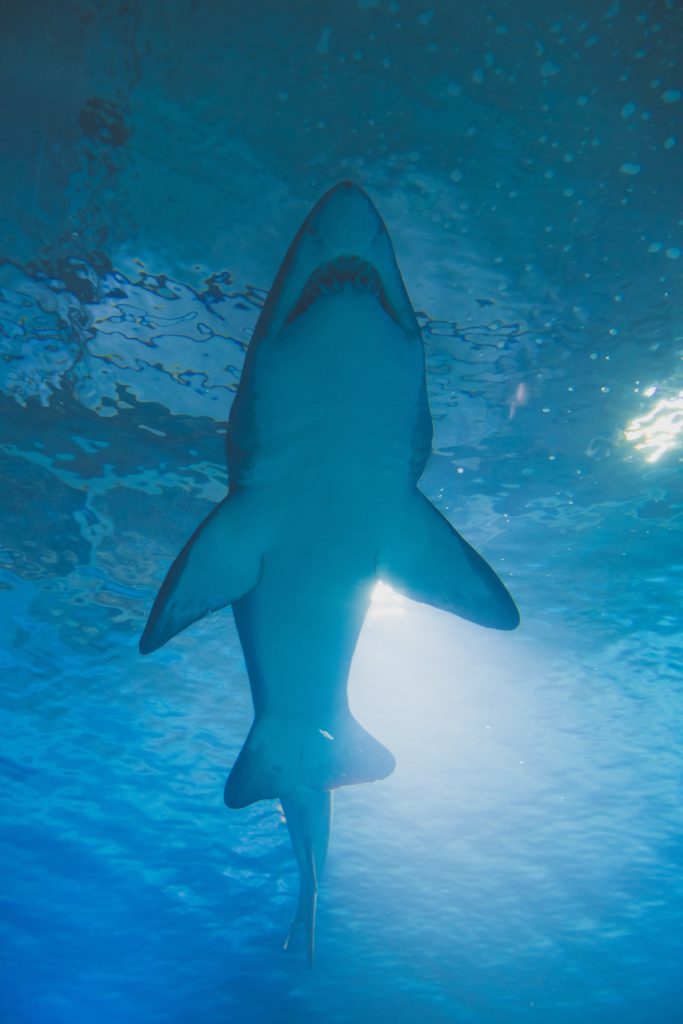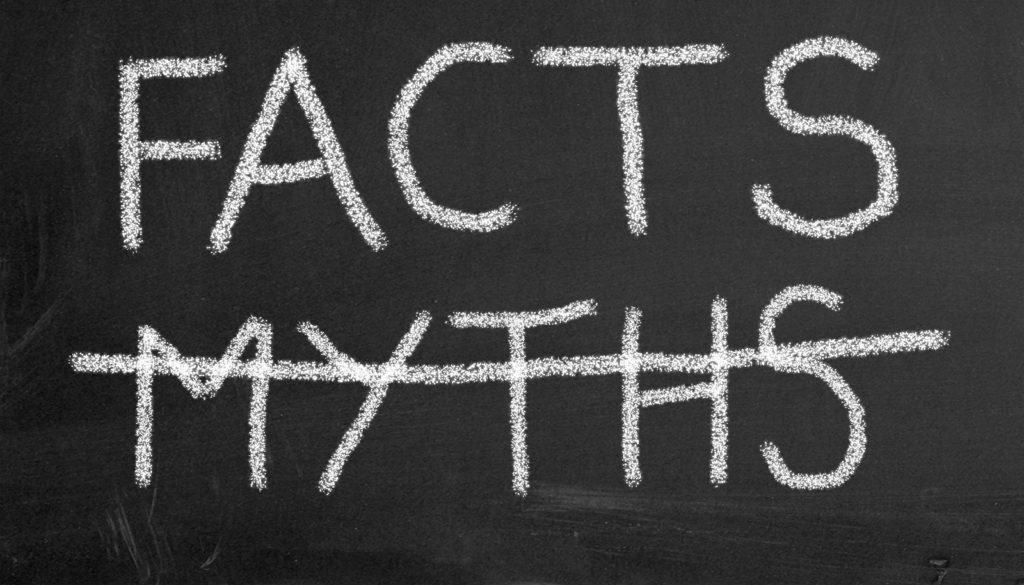Putting Teeth Into The PTAB’s Sanctioning Powers: Is Mohawk A Sign Of Things To Come?
For federal court practitioners, sanctions have long existed as a deterrent to litigation misconduct and a weapon against gamesmanship. The federal rules of civil procedure provide a range of tools for litigators who believe their opponents are not abiding by their obligations: Rule 11 checks improper pleadings and other court filings; Rules 26, 30 and […]
Putting Teeth Into The PTAB’s Sanctioning Powers: Is Mohawk A Sign Of Things To Come? Read More »

